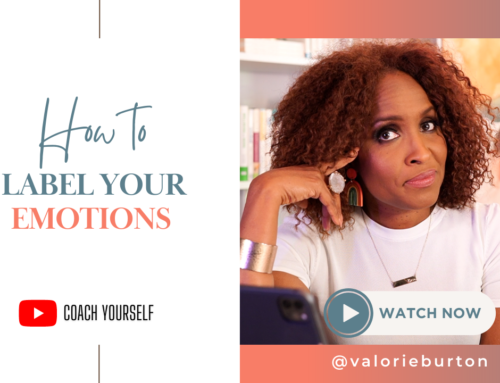Fear of hearing the word “no” can tempt you to keep your ideas to yourself, hold back from asking for what you want and lead to living in regret. One of the hallmarks of resilience is that it isn’t what happens to you that most determines your resilience, but what you say to yourself about what happens. This is especially the case when it comes to rejection. Here are four ways to reinterpret the answer “no” so that you keep moving forward, don’t get your feelings hurt, and get up the courage to try again:
1. Other’s rejection can be heaven-sent protection.
Sometimes a “no” deserves a happy dance. You dodged a bullet you didn’t even know was coming. No need to sulk. Rejoice! You’ve just been saved from a boatload of problems.
2. Don’t take things personally.
What others say and do is not about you. It is about them. I first heard this years ago in a book that dramatically shifted my perspective, The Four Agreements. When you come to understand that everything truly is not about you – it’s not personal, it frees you to accept that you can get caught in the crosswinds of other battles and issues that have nothing to do with your abilities, worth, or deservedness.
3. You deserve to be in relationship with people who want to be in relationship with you.
This is especially true for personal relationships. If you have to chase a relationship, there is an imbalance in which what you bring to the table is valued less than what the other party brings to the table. When that is the case, feelings of rejection and unworthiness will be repeatedly reinforced throughout the relationship. Value relationships with people who want to be in relationship with you – who see your worth, who respect and value you, your time, your strengths. When you decide you deserve reciprocity, you don’t see “no” as rejection but as information – information that the relationship will not offer you the balance and reciprocity you desire. Therefore, it is not just a “no” for them, it is also a “no” for you.
4. “No” today doesn’t mean “no” forever.
When seeking an opportunity, timing is key. This is especially true in professional endeavors. Keep the doors of communication open. Ask questions to help you better understand why they said no this time. Strategize about how you might get to a “yes” next time.



